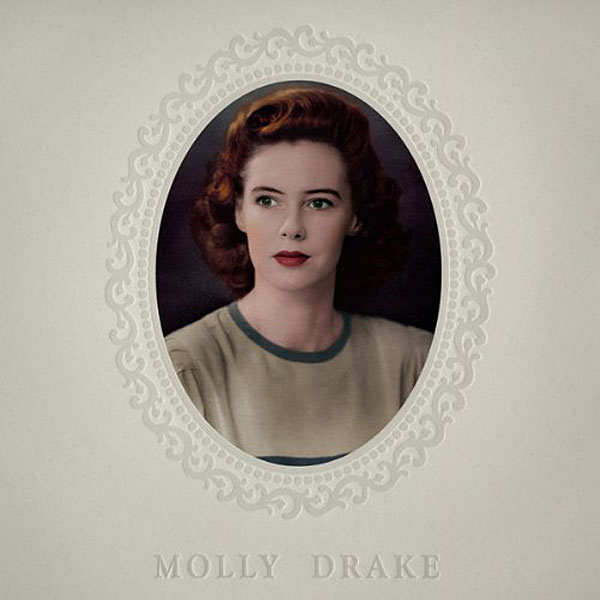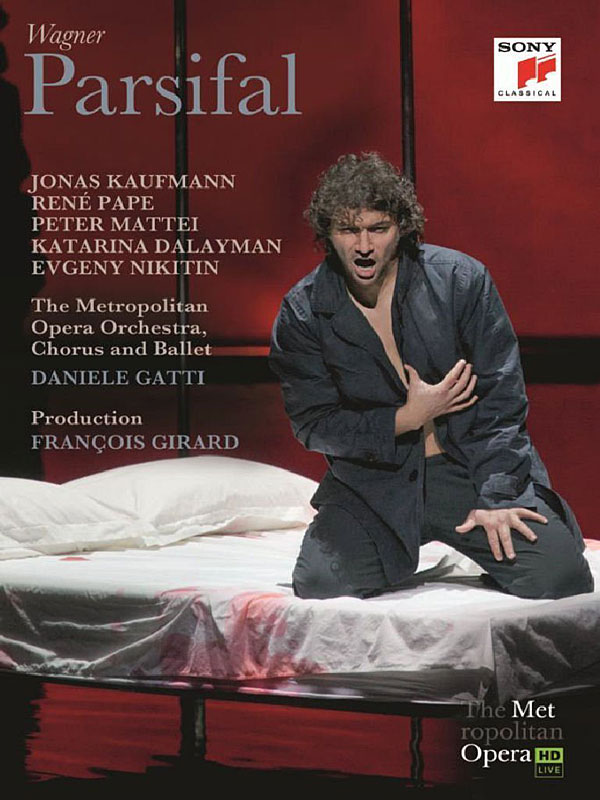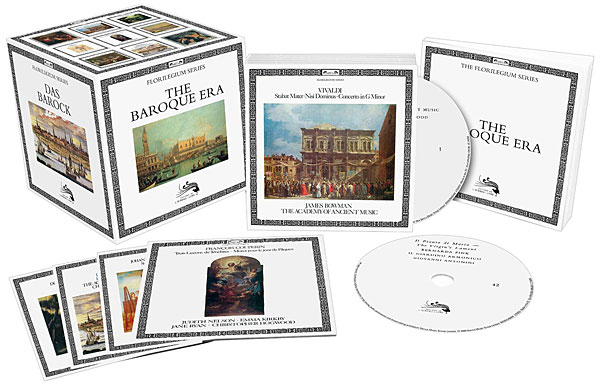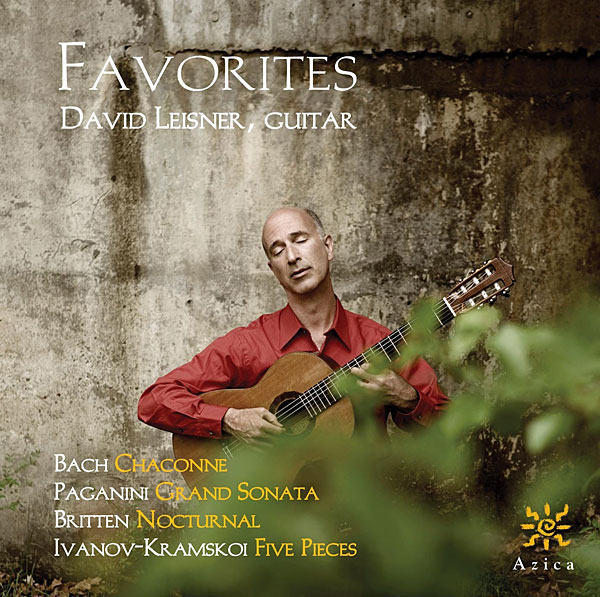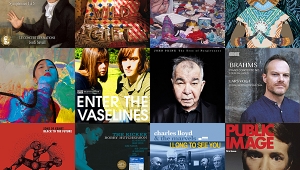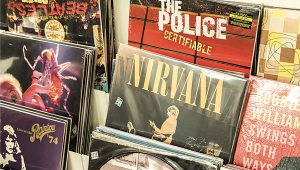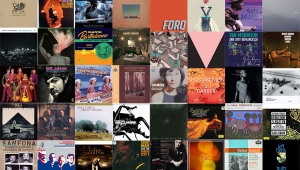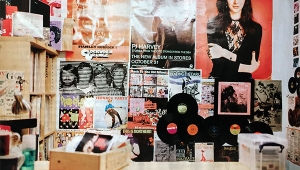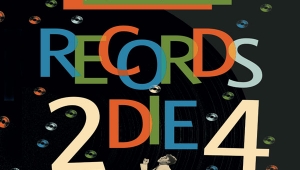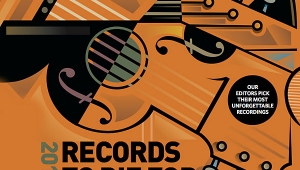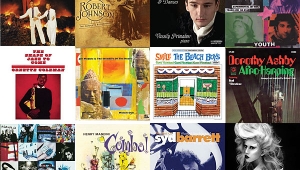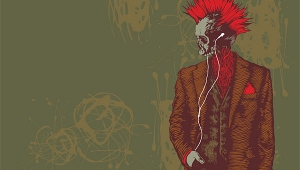| Columns Retired Columns & Blogs |
Some nifty selections here - Molly Drake no less! And some new ones to look up.
Edit: I buy almost any kind of music, if I get a hot tip on something good that I can sample first. Most of what I buy based on Stereophile features is classical. I have a lot of jazz genre recordings, but rarely buy anything based on a Stereophile review. Jimmy Scott was featured just after he died at the age of 88. Many times people say that it's the music that matters - not so much the sound quality. But when the recording people put out a remastered album like Jimmy Scott's with attention to getting the best possible sound from it, that's where it really counts.
